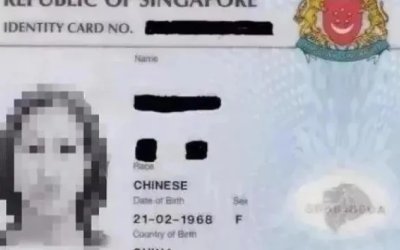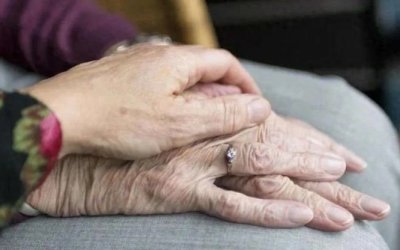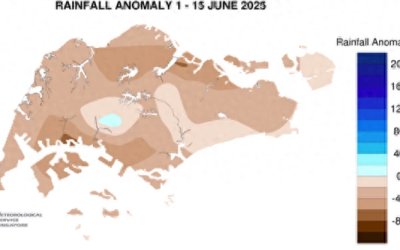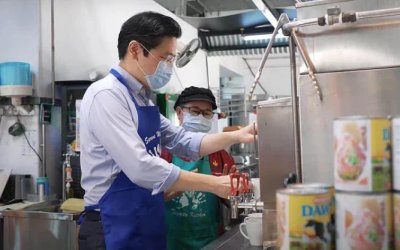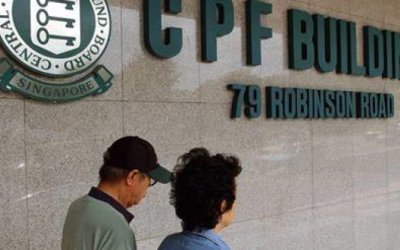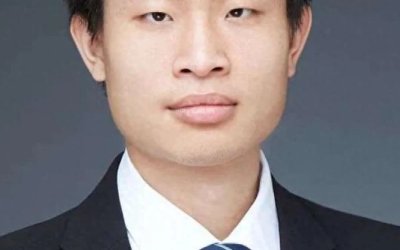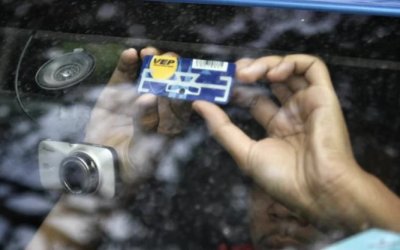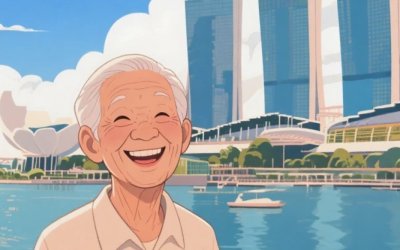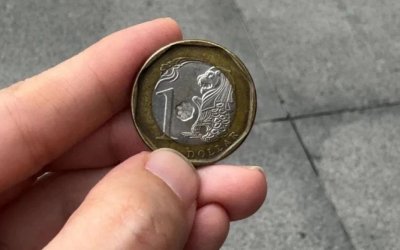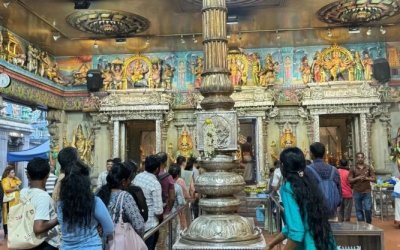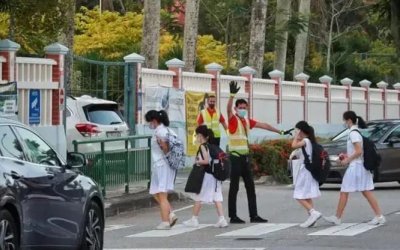2024年4月3日,新加坡教育部兼人力部政務部長顏曉芳,答覆議員連榮華有關學校和社區的學生託管中心入學率的議題。
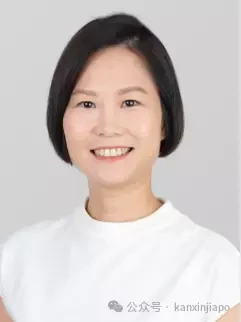
顏曉芳
新加坡教育部兼人力部政務部長
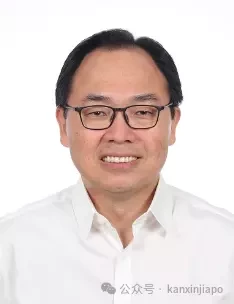
連榮華
武吉班讓區議員
以下內容為新加坡眼根據國會英文資料翻譯整理:
連榮華先生向教育部長提問:
(a)教育部是否追蹤學校內和社區內學生託管中心(SCC)的接受率;
(b)如果是,分別是多少;以及
(c)這些SCC下的課程是否可以進一步增強,包括添加額外的豐富活動。
教育部長 顏曉芳女士(代表教育部):先生,議長,教育部(MOE)和社會與家庭發展部(MSF)追蹤學生在學校內和社區內學生託管中心(SCC)的註冊情況。所有182所小學都設有SCC,總共約有33,000名學生。約有190個社區型SCC在MSF註冊,總共約有8,300名學生。
MOE定期與學校內SCC就其課程進行溝通。學校內SCC需要提供每周的戶外活動和豐富活動,包括閱讀、演講與戲劇、創意寫作、音樂和藝術,以培養學生的價值觀、社交情感能力和21世紀能力。所有註冊的社區型SCC都必須符合MSF規定的標準,其中包括為學生提供結構化的日常課程。這些SCC具有靈活性,可以提供各種課程和額外的豐富活動,以滿足學生的需求。
議長:連榮華先生。
連榮華先生(武吉班讓):謝謝,先生。自從我們引入SCC以來已經過去了好幾年了。我相信它們仍然起著很好的作用,特別是對於那些父母在工作的孩子。既然這已經實施了好幾年,我能否問一下部長,MOE是否會進行新的審查,以查看課程是否可以進一步更新或加強,特別是考慮到現在強調超越分數的學習,所以SCC是否也可以與之對齊?
顏曉芳女士:簡短回答是,是的,我們將繼續審查我們學校內SCC提供的課程。MOE認識到學生全面發展的重要性,正如前面提到的,我們學校內的SCC提供戶外活動、豐富活動,以培養學生的價值觀和21世紀能力。這與我們超越分數的方向是一致的。
學校也與SCC和社區合作,以不同方式支持學生的學習和發展。例如,國家圖書局開展閱讀計劃,培養學生的閱讀興趣。新加坡樂齡義工組織(RSVP Singapore)基於興趣的活動,吸引我們SCC的學生參加,以便他們獲得生活技能和價值觀。
議長:連榮華先生。
連榮華先生:先生,我能不能再提一個問題,就是需求是否持續存在?顏曉芳女士提到了學校內SCC有33,000名學生,社區內SCC有8,000名學生。那麼,我們是否看到了更多或更高的需求,是否會提供更多的SCC?如果是的話。
顏曉芳女士:MOE和MSF密切監測學生在學校內和社區內SCC的註冊情況。截至目前,大多數SCC沒有等候名單,或者等候名單很短。

以下是英文質詢內容:
Mr Liang Eng Hwa asked the Minister for Education (a) whether the Ministry tracks the take-up rate of school-based and community-based Student Care Centres (SCC); (b) if so, what are the take-up rates respectively; and (c) whether programmes under these SCCs can be further enhanced to include additional enrichment activities.
The Minister of State for Education (Ms Gan Siow Huang) (for the Minister for Education): Mr Speaker, Sir, the Ministry of Education (MOE) and the Ministry of Social and Family Development (MSF) track the enrolment of students in school-based and community-based Student Care Centres, or SCCs. All 182 primary schools have SCCs, with a total enrolment of about 33,000 students. There are about 190 community-based SCCs that are registered with MSF, with a total enrolment of about 8,300 students.
MOE regularly engages school-based SCCs on their programmes. School-based SCCs are required to provide weekly outdoor programmes and enrichment activities, including reading, speech and drama, creative writing, music and art, to develop values, socio-emotional competencies and 21st century competencies in our students. All registered community-based SCCs are required to meet standards stipulated by MSF, which includes providing a structured daily programme for their students. These SCCs have the flexibility to offer programmes and additional enrichment activities to meet the needs of their students.
Mr Speaker: Mr Liang Eng Wah.
Mr Liang Eng Hwa (Bukit Panjang): Thank you, Sir. It has been quite a number of years since we introduced the SCCs. I believe they still serve a good purpose, especially for latch-key kids whose parents are working.
Now that this has been implemented for a number of years, can I ask the Minister of State if MOE would do a fresh review, to see if the programmes can be updated further or can be enhanced, especially, given the emphasis now to embrace learning beyond grades, so, whether the SCCs can be aligned to that as well?
Ms Gan Siow Huang: The short answer is yes, we will continue to review the programmes offered at our school-based SCCs. MOE recognises the importance of holistic development of our students and, as mentioned, our school-based SCCs provide outdoor programmes, enrichment activities to develop values and 21st century competencies in our students. And this is in line with our direction to go beyond grades.
Schools also work with SCCs and community partners to support Learning and Development of our students in different ways. For example, the National Library Board conducts reading programmes to cultivate the love for reading in our students. RSVP Singapore organises interest-based activities to engage our SCC students, so that they are imparted with life skills and values.
Mr Speaker: Mr Liang.
Mr Liang Eng Hwa: Sir, can I just follow up with another question about whether the demands continue to be there? The Minister of State mentioned 33,000 for school-based SCCs and 8,000 for the community-based SCCs. So, whether we have seen more or higher demand and whether there will be more SCCs to be provided, if so.
Ms Gan Siow Huang: Both MOE and MSF together monitor very closely the enrolment of students in both the school-based SCCs, as well as the community-based SCCs. As of now, most SCCs do not have a wait list, or they have a very short wait list.
新加坡國會丨來源
新加坡國會丨圖源
